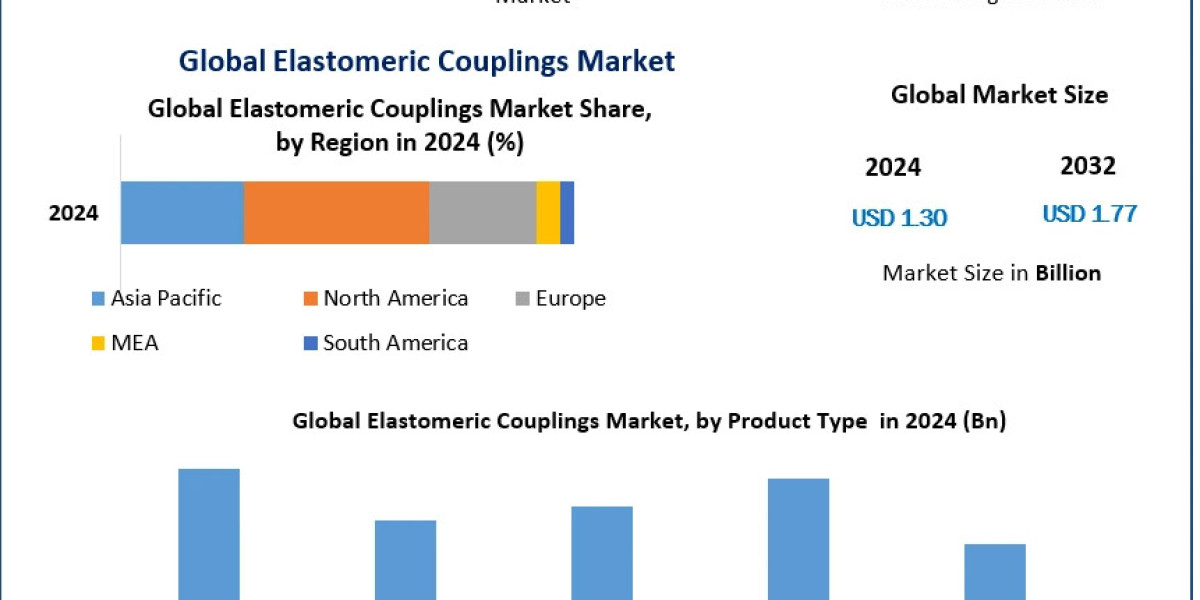The global Residential Air Purifiers Market is experiencing significant growth, driven by increasing concerns over indoor air quality, rising pollution levels, and growing awareness of health hazards caused by airborne contaminants. With technological advancements and an increasing demand for energy-efficient air purification solutions, the market is set to expand rapidly in the coming years.
Residential Air Purifiers Market Size was valued at USD 4.65 Bn in 2023 and is expected to reach USD 7.09 Bn by 2031 and grow at a CAGR of 5.9% over the forecast period 2024-2031.
Market Overview
Residential air purifiers are essential devices designed to remove airborne pollutants such as dust, allergens, smoke, pet dander, and harmful gases, improving indoor air quality. With urbanization and industrialization contributing to worsening air pollution, consumers are increasingly investing in air purification systems to safeguard their health. Additionally, the rise in respiratory diseases such as asthma and allergies has further fueled the demand for residential air purifiers.
Key Market Drivers
- Rising Air Pollution Levels:
Increasing industrial emissions, vehicle exhaust, and environmental degradation have led to poor air quality, making air purifiers a necessity in many households. - Growing Health Consciousness:
Consumers are becoming more aware of the adverse effects of indoor pollutants on respiratory health, leading to a surge in demand for air purification systems. - Technological Advancements in Air Purification:
Innovations such as HEPA (High-Efficiency Particulate Air) filters, activated carbon filters, UV-C technology, and smart air purifiers with real-time air quality monitoring are driving market growth. - Increase in Respiratory Diseases and Allergies:
The rising prevalence of asthma, chronic obstructive pulmonary disease (COPD), and other respiratory disorders has boosted the adoption of air purifiers, especially in urban areas. - Smart Home Integration and IoT-Enabled Devices:
The emergence of smart air purifiers with Wi-Fi connectivity, remote control via mobile apps, and AI-driven air quality sensors is attracting tech-savvy consumers.
Market Segmentation
The Residential Air Purifiers Market is segmented based on technology, distribution channel, and region:
- By Technology: HEPA Filters, Activated Carbon Filters, Ionic Filters, UV-C Light Purifiers, and Others.
- By Distribution Channel: Online Retail, Specialty Stores, Supermarkets/Hypermarkets, and Direct Sales.
Future Outlook
The Residential Air Purifiers Market is expected to grow steadily, driven by advancements in air filtration technology, increasing environmental concerns, and the expansion of smart home ecosystems. Companies investing in sustainable, eco-friendly, and AI-integrated air purification solutions will gain a competitive advantage in this evolving landscape.
Key Players
- DAIKIN INDUSTRIES, Ltd.
- Sharp Home (Sharp Corporation)
- Honeywell International Inc.
- Panasonic Corporation
- LG Electronics
- Koninklijke Philips, N.V.
- Dyson
- SAMSUNG
- Whirlpool
- Blueair
Conclusion
As air pollution continues to pose significant health risks, the demand for residential air purifiers will remain strong worldwide. The market’s expansion will be fueled by growing consumer awareness, technological innovations, and rising health concerns. Manufacturers focusing on affordability, energy efficiency, and smart technology integration will thrive in this dynamic market, ensuring better indoor air quality for households globally.
For more details @ https://www.snsinsider.com/reports/residential-air-purifiers-market-1143
Contact Us:
Akash Anand – Head of Business Development & Strategy
info@snsinsider.com
Phone: +1-415-230-0044 (US)









